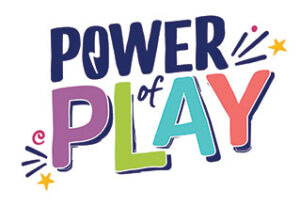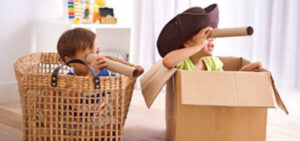

It is impossible to underestimate the importance of the role of play in children’s development cycle, says Nanny of the Year. All children can learn through play from a very young age; babies are naturally developing their fine motor skills and strengthening muscles whilst playing with rattles and learning to sit up or crawl.
A big part of our role as nannies is to facilitate the types of play that will best assist the children we care for. When setting activities up for my charges each day, I think carefully about whether they are age and stage appropriate and how specifically they would benefit from completing these activities.
In my opinion, it is essential that we have appropriate expectations of what they are able to achieve in the context of their abilities, as if we set the benchmark too high, they can easily get frustrated or even become bored with an activity that does not interest them.
While all play is good, I find outdoor play particularly beneficial as children have the opportunity not only to explore their environments and communities, but to learn about nature. It is also great for their health, keeping them active and boosting their immune system. By playing in playgrounds and on climbing frames, children can develop spatial awareness, improve their balancing skills, build and reinforce friendships and social skills with other children, etc…
However, outdoor play doesn’t necessarily have to be physical play. We made a den in the garden and this has helped the children develop their creativity and allowed them to problem solve and use their imagination whilst engaging in make-believe play. Then we drew pictures with chalk on the pavement which helped the children develop their fine motor skills and hand-eye coordination.
I regularly take the children in my care to local playgrounds, parks and farms. It makes sense to use a variety of settings, to give them more opportunities to try new things and less chance to get blase’ about their surroundings. Whilst outdoors we often collect leaves, pebbles and sticks which we later learn about (the different types of trees and growing the same plants) or we use what we have collected for craft activities (painting, making a collage, etc…). I also sometimes link stories we read with and make story sacks inspired by places/things we have seen in real life so that children can relate to them better and learn about them more easily.
Children need to be able to explore and learn about things in order for them to grow into confident, independent adults in the future. I am very excited to guide them and help them to learn through play.

